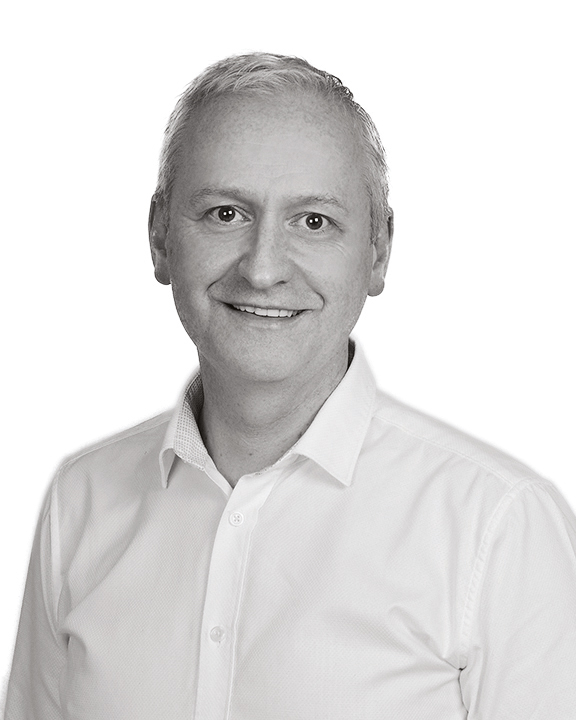Home » Finding meaning at work: the secret to job satisfaction

“Without a purpose, life is motion without meaning, activity without direction and events without reason” — Rick Warren, The Purpose Driven Life.
An important but often overlooked element of wellbeing is the sense that our life and our work has significant meaning and purpose. Beyond the obvious of simply paying the bills to survive we often fail to connect with the meaning and purpose of our working lives. What drives you to go to work each day? Is it just to pay the bills and survive or are there deeper reasons — to support your family, send your kids to college, to improve the lives and health of your patients and customers, and somehow make a difference to the world through what you do?
We spend roughly 50 per cent of our waking hours at work. For decades people have ranked having a sense of purpose in their work as equal in importance as promotions, flexible hours, job security, or even income, yet for many of us finding meaningful work feels like something that we can’t afford and just doesn’t apply to us.
Research shows that people struggle to find meaning in their work when they lack four key factors:
The extent to which we can maximise, highlight, and focus on these four key factors for ourselves, and our teams, will determine the level of meaning we experience at work. When a sense of meaning is found in our work, evidence suggests we become happier, more motivated, more committed, and more satisfied which allows us to perform better. Put simply, as humans we have a universal need to feel that what we do matters, and that our hard work isn’t wasted.
Think of finding meaning in your work like the parable of the three men who were crushing stones. When asked what they’re doing, the first replies, ‘I’m breaking big rocks into little rocks,’ the second says, ‘I’m feeding my family,’ and the third explains, ‘I’m building a majestic cathedral’. It turns out that a sense of meaning has little to do with your job description or occupation, and more to do with choosing to see the small daily differences you can make for others, how your work connects to a bigger picture, and how it can be an expression of your personal interests and values.
The single strongest predictor of meaning at work is the belief that our job has a positive impact on others. As pharmacists and members of pharmacy teams we are fortunate in that our work has a visible, tangible, and positive effect on those we serve day in day out. This may be through appropriate application of our clinical knowledge influencing positive outcomes for patients, or our attitude of kindness, caring and compassion in dealing with patients at vulnerable and worrying stages of their lives. Similarly, unlike the case with other professions, roles, or occupations, we benefit from being in constant and regular contact with the end users of our service. The result of this is that the life enhancing, life extending, and life improving effects of our roles are obvious for us to see, if we choose to focus on them.
Unfortunately, however, we often overlook or neglect to focus on these key aspects of our role. Too often we focus on the ‘what’ at work rather than the ‘why’. Yet, this simple switch of focus can be key in accessing a deep sense of meaning and purpose in our daily work. So, while it may be tempting to complain and focus on the tedium, and the enormous administrative burden we all face, from SOPs to ULMs and 777 codes, when we shift our focus instead not on what we do but, on why we do it, and who benefits, our purpose comes to the fore. The list of those who benefit from our work as pharmacists include our patients, customers, communities, suppliers, colleagues, their families, and ultimately ourselves.
Our sense of purpose can be further accessed and amplified by asking how we can make our work an expression of our personal interests and values. Consider how you can make a difference by using your own unique skills, strengths, and interests in the service of others. Try to identify areas that you are really passionate about and might want to pursue further or incorporate into your current role.
This doesn’t mean you need to save the world in order to find meaning in your work. Professor Amy Wrzesniewski of Yale University has found that no matter what your job description says, what you do each day can make a positive difference for others. What matters is how you think about the work that you do, not the task itself. For example, in one set of studies with hospital janitors whose responsibilities were to sweep the floors, dust, and empty the wastebaskets, she found that how they approached their work fell into one of three categories; a job that paid their bills, a career that would lead them to other opportunities, or a calling that helped patients to recover from illnesses by ridding the hospital of dangerous germs. Same tasks, different perspectives.
With so much discussion over the last number of years of burnout amongst healthcare providers, evidence suggests that connecting with a deep sense of meaning and purpose in our work, significantly decreases our risk of overwhelm and burnout, while simultaneously providing a welcome boost to our sense of wellbeing.
Séamus Ruane is a community pharmacist and Positive Psychology Practitioner. He delivers the IPU Professional Academy course ‘Wellbeing in the Pharmacy’, which is ongoing at the moment. A new intake will begin in early 2025. See ipu.ie > Professional Academy for more information.
Séamus Ruane

Community Pharmacist
and Positive Psychology Practitioner
Highlighted Articles